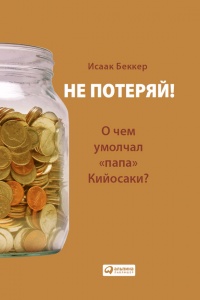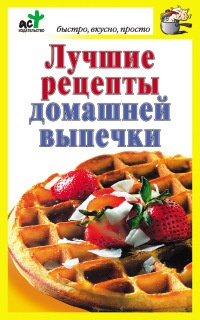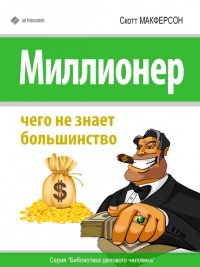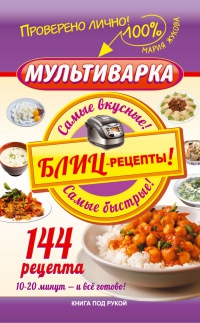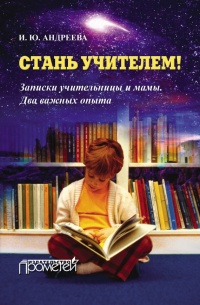Книга Больше, чем вы знаете. Необычный взгляд на мир финансов - Майкл Мобуссин
На нашем литературном портале можно бесплатно читать книгу Больше, чем вы знаете. Необычный взгляд на мир финансов - Майкл Мобуссин полная версия. Жанр: Книги / Домашняя. Онлайн библиотека дает возможность прочитать весь текст произведения на мобильном телефоне или десктопе даже без регистрации и СМС подтверждения на нашем сайте онлайн книг knizki.com.
Шрифт:
-
+
Интервал:
-
+
Закладка:
Сделать
Перейти на страницу:
Перейти на страницу:
Внимание!
Сайт сохраняет куки вашего браузера. Вы сможете в любой момент сделать закладку и продолжить прочтение книги «Больше, чем вы знаете. Необычный взгляд на мир финансов - Майкл Мобуссин», после закрытия браузера.
Книги схожие с книгой «Больше, чем вы знаете. Необычный взгляд на мир финансов - Майкл Мобуссин» от автора - Майкл Мобуссин:
Комментарии и отзывы (0) к книге "Больше, чем вы знаете. Необычный взгляд на мир финансов - Майкл Мобуссин"




















